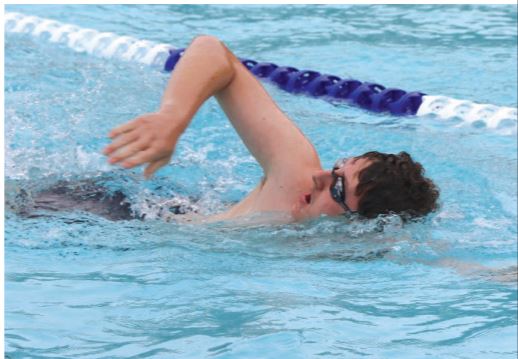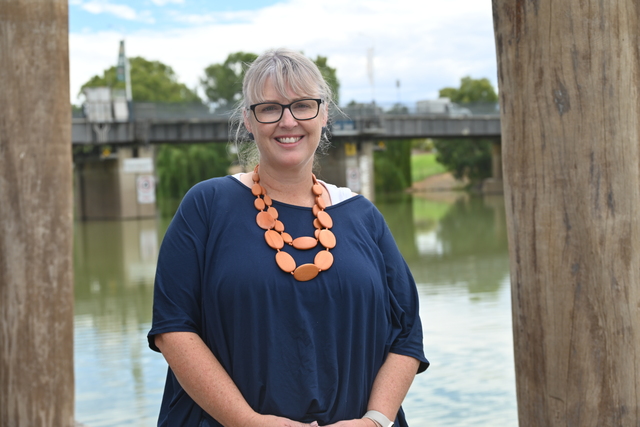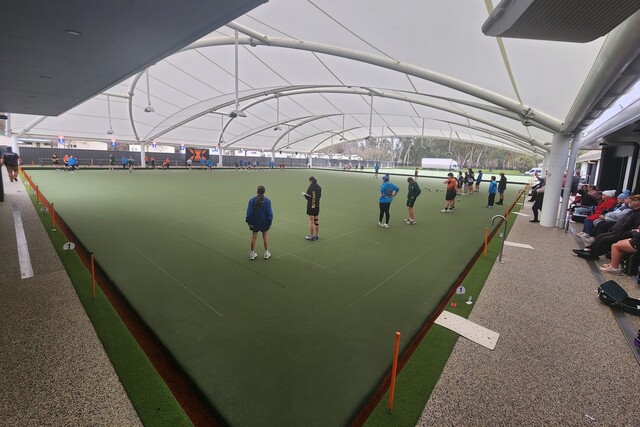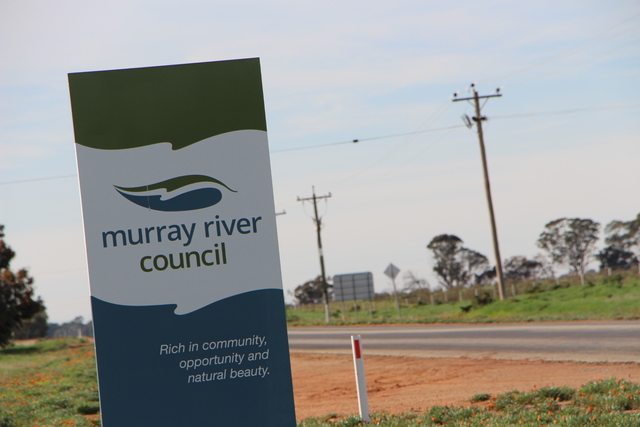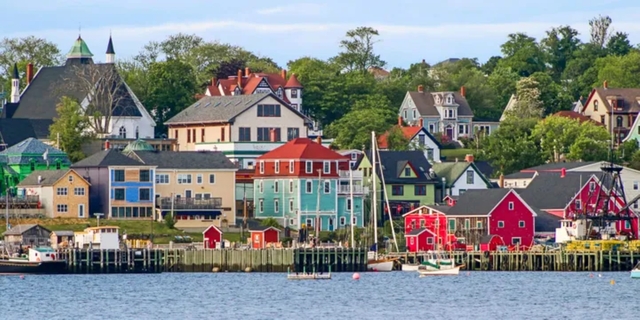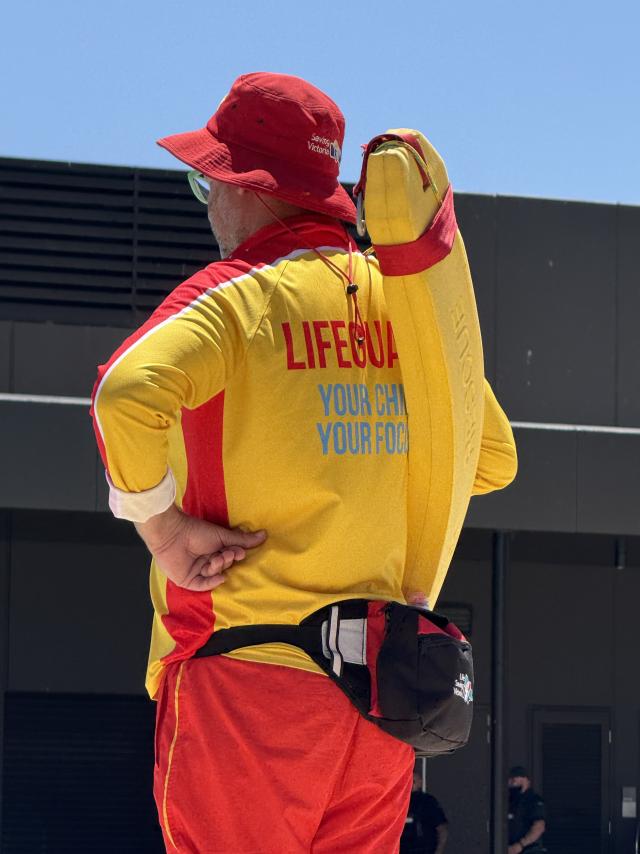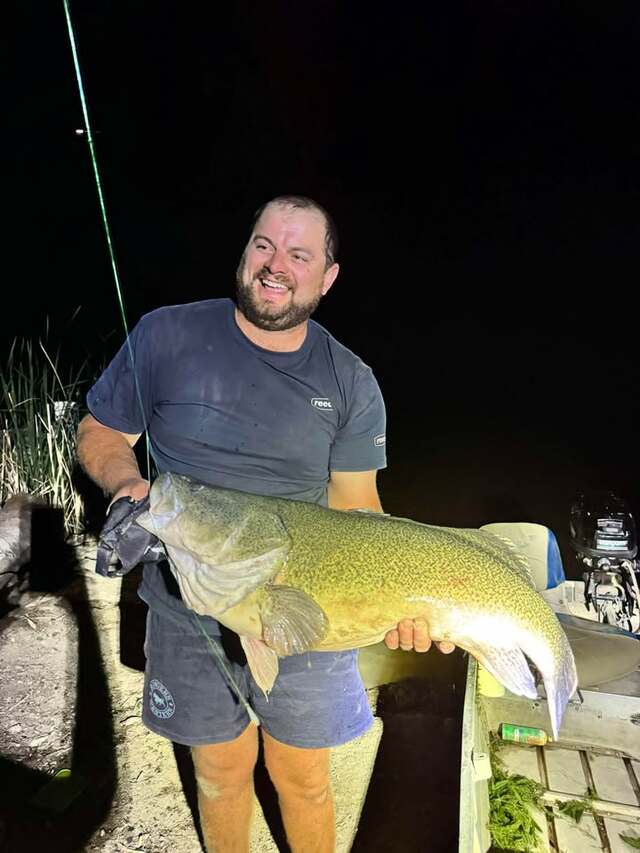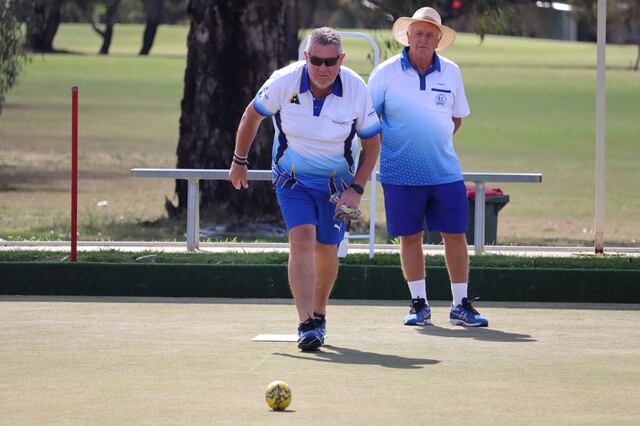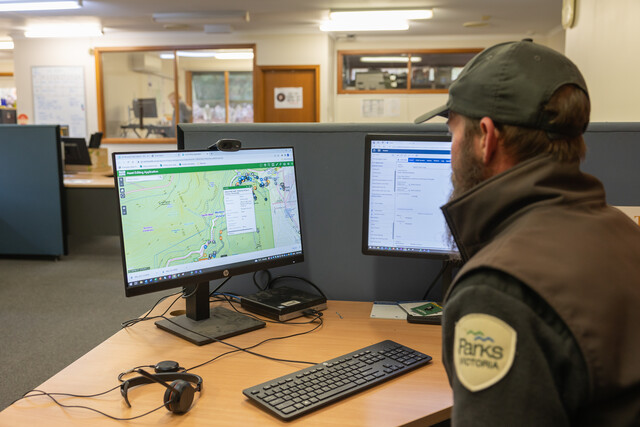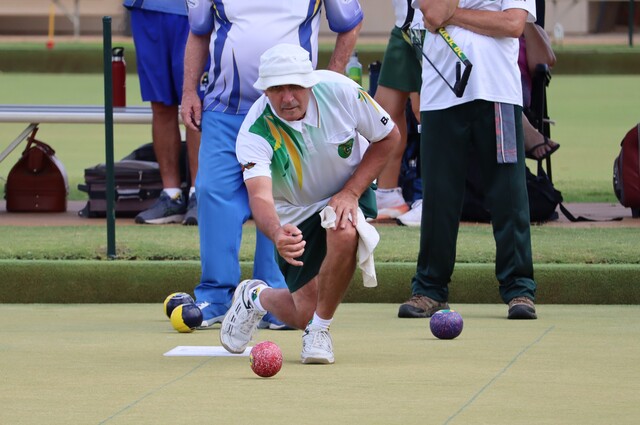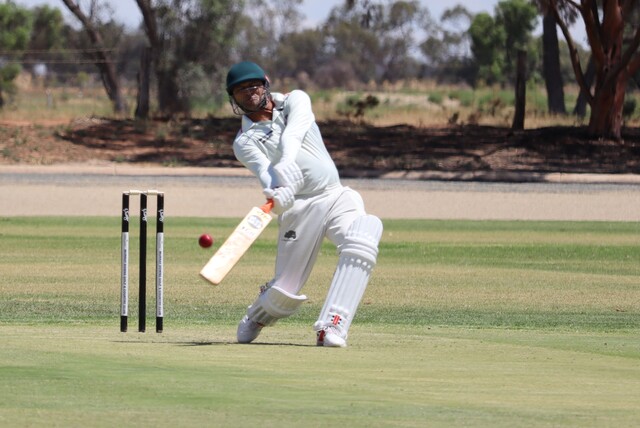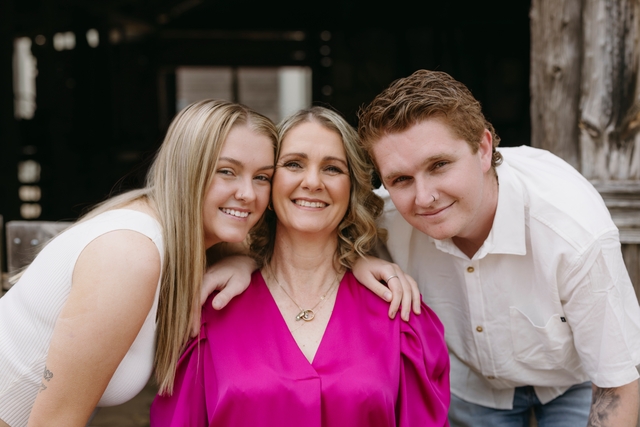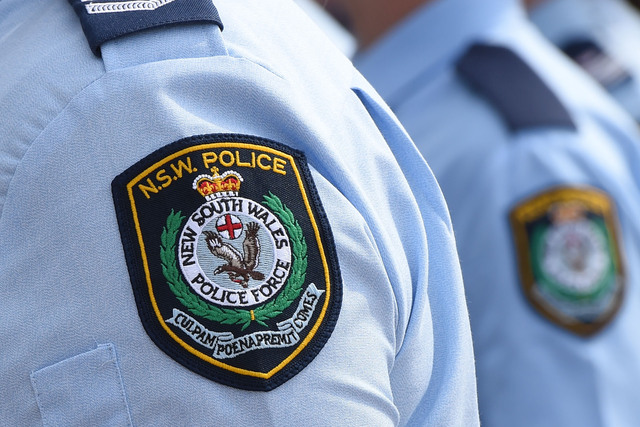KERANG pool users are outraged over continuous closures of the Gannawarra Shire’s outdoor aquatic facility, plunging one club into chaos with its members.
Amid revelations of lifeguards undertaking shifts without breaks, council was unable to recruit enough of the life-saving human resources for the 2021/22 season.
As a result, council has been forced to amend opening hours between the Kerang and Cohuna pools to ensure there were enough lifeguards between both facilities.
Council chief executive officer Tom O’Reilly said the organisation has been affected by the shortage of qualified lifeguards for the 2021/22 summer season “which is a consequence of the labour shortages across various sectors related to the COVID-19 pandemic”.
“Council has been actively recruiting lifeguards and has been supporting access to the required Life Saving Victoria training programs, which have been limited by COVID-19 restrictions,” he said.
Kerang Amateur Swimming and Lifesaving Club acting president Tania Barnes wrote a letter to council, seen by the Gannawarra Times, expressing “profound dissatisfaction and disappointment” with the recent management of the pools.
“As an entirely volunteer-run organisation that relies on the Kerang swimming pool to conduct our programs, we have been repeatedly let down by frequent last-minute closures of the swimming pool, inconsistent operation times and poor communication,” Ms Barnes said.
“In addition to this, we were recently informed of a plan to alternate opening days of the Kerang swimming pool with the Cohuna swimming pool. This plan would result in the halving of our program and is unacceptable.”
Ms Barnes said the club was among the biggest users of the pool.
“We consist of 85 families, each of whom are required to purchase a season pass to the pool. Costing $185 per family this results in more than $15,000 of revenue that our members contribute to pool operations for the season.
“This comprises 17.86 per cent (based on figures within the draft aquatic strategy) of income received by all council-run pools and does not include purchases from the kiosk or memberships purchased by our volunteer trainers, many of whom do not have children training with the club.”
Council resolved at its meeting last week to review the season with a report to be presented to council.
Ms Barnes said the club committee’s main concerns included late notification of proposed pool closures, general lack of consideration for the club, lack of foresight regarding planning and employing sufficient staff and failure to return urgent phone calls.
Ms Barnes said lifeguards, especially inexperienced lifeguards, were required to supervise and pool and run the kiosk.
“This prevents lifeguards from supervising the pool adequately and places young staff in the firing line of disgruntled individuals when performing vaccination checks,” she said.
“Our offer to have several of our members complete a lifeguard course who could act as volunteer lifeguards during our training sessions and allow the extension of our swim season, was rejected.”
Ms Barnes pointed to the average rate of drowning.
“In 2001, the 10-year average for drowning increased 8 per cent nationwide and inland waterways account for 26 per cent of all drownings. Considering the abundance of inland waterways contained within Gannawarra Shire, the need for high quality learn to swim programs are essential,” she said.
“Children who are learning to swim need repetition and consistency. The children of our community are already disadvantaged by limited access to swimming opportunities over winter, this makes summer swimming programs more important.”
Ms Barnes put forward a number of suggestions to council to address the issues, including the recruitment of full-time or permanent part-time positions.
“The individuals in these roles would act as lifeguards during summer and be redeployed elsewhere in the shire over the winter months, this would ensure that the basic roster is filled and allow casuals to fill gaps,” she said.
“Adjust rosters to be more attractive to parents, ensuring that they are consistent to allow for childcare.
“Ensure that pay rates are competitive and reflect actual market rates.”
Council chief executive officer Tom O’Reilly said council was unaware of specific instances where staff had not received breaks, amid allegations lifeguards weren’t given breaks, other than rotated across pool supervision and the kiosk.
“It has been extremely difficult at various times to ensure that the pools can open due to limited staff availability and pool lifeguard staff isolating due to COVID-19,” he said.
When asked if lifeguards were given overtime, Mr O’Reilly said council couldn’t and wouldn’t attempt to force casual lifeguards to work additional shifts to operate the pools.
Council employed 27 qualified lifeguards at the start of the season and one of two team leaders to oversee both pools.
“This is slightly lower than the 33 lifeguards engaged for the 2020/21 season. Whilst 27 commenced the season, council is now down to half that number due to lifeguards returning to university and gaining full-time employment,” Mr O’Reilly said.
“This remains an annual issue due to the seasonality of the roles.
“Despite the lifeguard shortage, council continues to ensure it meets is supervisory obligations with a highlight being that both the Kerang and Cohuna facilities remained open during the Christmas/New Year period, with reduced operating hours in place on days that lifeguard shortages occurred.
“We encourage anyone who is interested in a great summer job that offers life skills that can be transferred to many different industries to become a lifeguard.”
When asked if council should have started the recruitment process sooner, Mr O’Reilly said it commenced the recruitment process “earlier than normal”, in August 2021, three months before the start of the 2021/22 season.
He said this was a recommendation implemented from an annual review at the conclusion of the 2020/21 pool season, and has continued to advertise and appoint lifeguards throughout the season.
“This is something we will review again at the conclusion of 2021/22,” he said.
Mr O’Reilly said council has prioritised learn-to-swim sessions, both for schools during the daytime and also swimming clubs in the evenings.
“We have made every effort possible to facilitate these and are proud of the dedicated staff who have ensured access remains, with only one swimming club session affected for the 2021/22 season, where staff were not available to provide exclusive use,” he said.
Council said it would undertake a “comprehensive” review of the season, with improvements “constantly made to the aquatic service”.
“Staffing and increased compliance costs remain key challenges for public swimming pools, and we will be exploring other opportunities including liaising with peak bodies on how to attract additional staff to work at their local swimming pools whilst managing the ever increasing costs to offer this service to the Gannawarra community,” Mr O’Reilly said.

